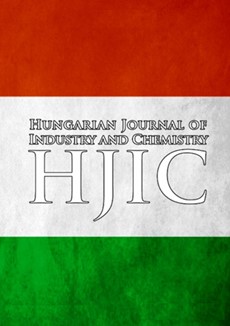IMPROVING ECO-EFFICIENCY BY AUDITING STEAM AND CONDENSATE SYSTEMS
DOI:
https://doi.org/10.1515/hjic-2000-07Keywords:
cleaner production, eco-efficiency, steam and condensate systemsAbstract
Several assessments of steam and condensate systems have been carried out (in textile plants, an animal food production plant, in processing of waste from a slaughterhouse, in the boiler house). The methodology of the assessment includes flowsheet, mass and energy balances of the process and boiler house, identifying all steam consumers, the flowsheet of steam and condensate systems, studying pressure and temperature levels, determining the database of pressure reducing valves and steam traps, producing rational steam consumption and effective steam production options, and making technical, economic and environmental assessments. Only the most beneficial options should be proposed and implemented. The analyses show that several options can improve the eco-efficiency of a plant. Efficiency of boilers can be improved by heat recovery from blowdown, from flue gas and deaerating gasses, control of the combustion process, etc. The steam should be efficiently consumed, all steam traps should be correctly selected and installed in the process. The staff should regularly check the operating of the steam and condensate armatures, seek for leaks, etc. The results show that it is possible to reduce the production of flue gas emissions. Payback periods of the proposed options reach up to 1.1 years.Downloads
Published
2000-10-15
Issue
Section
Articles
How to Cite
IMPROVING ECO-EFFICIENCY BY AUDITING STEAM AND CONDENSATE SYSTEMS. (2000). Hungarian Journal of Industry and Chemistry, 28(1), 30-35. https://doi.org/10.1515/hjic-2000-07




